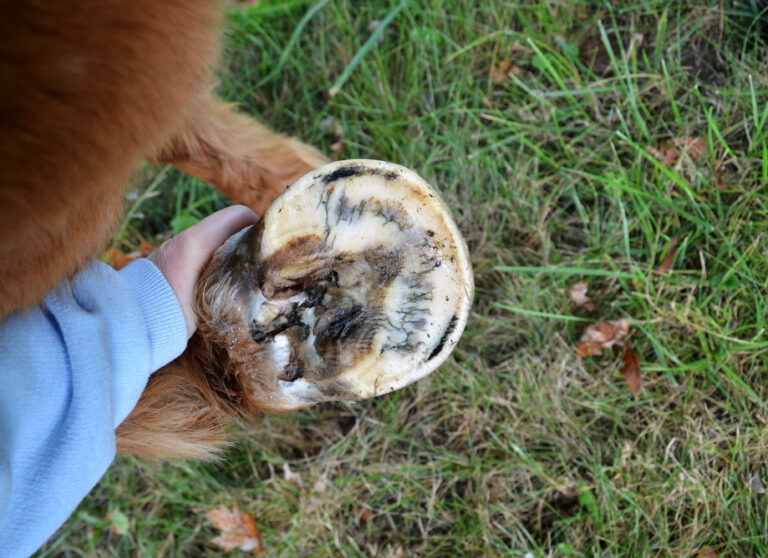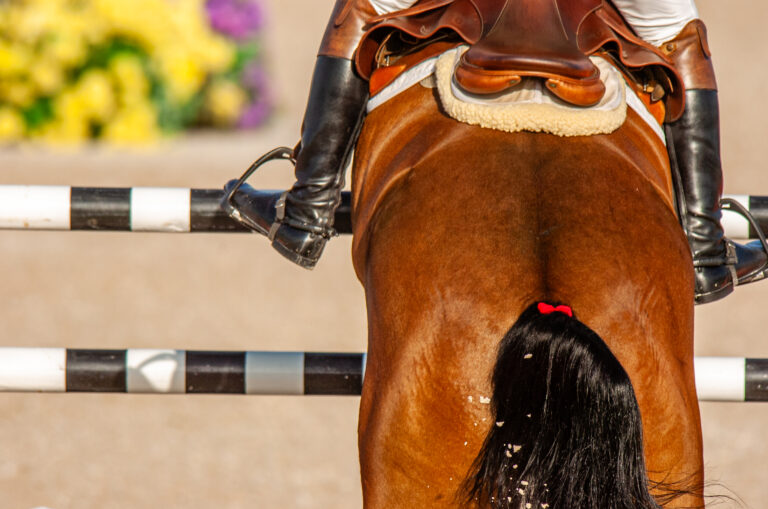
The key to success—and satisfaction—is to establish goals that are both realistic and challenging. It can be counterproductive to set the bar too high. You’re likely to feel frustrated and overwhelmed if you attempt challenges far beyond what you’re ready for. It’s also important for your goals to have meaning. For instance, if they don’t include the riding benefits that are most important to you, the ones that keep you riding—say, relaxation or time spent with friends—even big achievements won’t be fulfilling. That’s why it’s necessary to design and work toward goals that offer satisfaction instead of stress.
Here’s how:
1. Choose goals that address your needs.
You know yourself better than anyone else—including your trainer and closest friends. Try to develop goals on your own since they will reflect what you—and not anyone else—want to accomplish.
2. Base your goals on your abilities.
Look objectively at your riding strengths, your current level of performance and where you need to improve. Keep in mind that higher goals—those that take you to the edge of your comfort zone—lead to better performance. (Remember the adage “Nothing ventured, nothing gained”?)
3. Keep goals specific and measurable.
“I want to do well at my next competition” may sound like a worthwhile objective to strive for. Yet “well” is a broad, general term that’s subject to interpretation rather than objective evaluation. Instead, aim for something more clearly defined and easier to assess: “At the next horse trials, I want to finish the cross-country phase within the time allowed,” or “In my next schooling session, I want to ride forward out of the corners.” You’ll automatically know when you’ve succeeded.
4. State goals in positive terms.
Say “I will make it to the finals” rather than “I will avoid being eliminated in the preliminaries,” or “I will trot downhill in balance” rather than “I won’t lose control going downhill.” Negative statements tend to become self-fulfilling prophecies.
5. Remain realistic and value every accomplishment.
Many riders have modest goals that they share with others and grander goals that they keep to themselves. That’s OK to a point. But resist burdening yourself with an unspoken goal that’s well beyond your immediate reach. For example, your trainer may have you enter a higher-level class purely for the experience. But you’re privately thinking, “I’d really like to win.” Then, no matter how well you perform, you’ll rob yourself of the chance to feel good about any achievement that falls short of first place.
6. Remember why you ride.
You may have to be flexible about your goals since day-to-day problems can disrupt your progress. But make sure you continue to achieve the most basic one—making your riding fun.
Contributor: Doug Lietzke has a diversified practice as a licensed psychologist in Pottstown, Pennsylvania. He works with athletes, other individuals and families. Doug participates in competitive and endurance trail riding and he has been a one-day 100-mile national champion endurance rider.
This article originally appeared in the January 2014 issue of Practical Horseman











